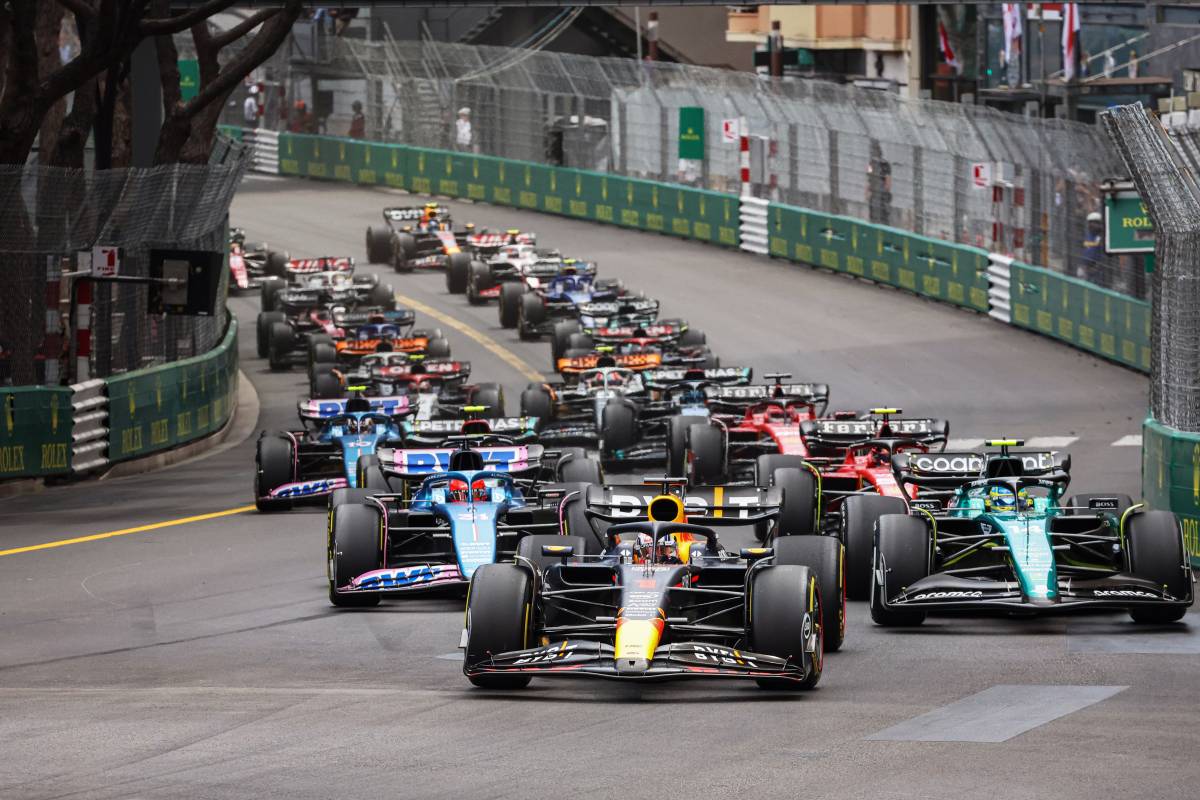The Prince’s Government announced on Friday 19 June that changes would now be made to its business support measures. Following the first steps to ease the lockdown on 4 May and further easing from 2 June, support measures will now be better targeted and adjustments will be made to the system of financial assistance.
Exceptional Minimum Income and Business Support
Minister of Finance and Economy Jean Castellini said that “Exceptional Minimum Income and Business Support for June will be paid in July, without the need for recipients to apply.”
For those who have been allowed to resume their activities since 4 May, or who have not been forced to close to the public as a result of a government decision, the amount will be reduced by half, or €2,500.
Recipients who had to keep their businesses closed until 2 June will still receive €5,000.
These support mechanisms will disappear this month, to be replaced by the new CARE.

Economic Recovery Support Commission (CARE)
Chaired by Jean Castellini and comprising representatives from the Monaco Association for Financial Activities (AMAF), the Order of Chartered Accountants, the Department of Budget and Treasury, Head of the Welcome Office Laurence Garino and the Chair of the National Council Committee on Finance and Economy, Balthazar Seydoux, the purpose of CARE will be to review applications for support from businesses experiencing difficulties.
Guarantee Fund
These bank loans amounted to €46 million of the €50 million. In this case too, Jean Castellini confirmed that changes would be made to the system “to help the recovery while holding businesses accountable.” The State guarantee is being reduced to the initial level of 65%, with the remainder the responsibility of the borrower, while the 0% interest rate will increase to 1.5%, of which 0.75% is covered by the State.

Strengthened provisions for total temporary layoff
Minister of Health and Social Affairs Didier Gamerdinger welcomed the social protection role played by the strengthened provisions for total temporary layoff (CTTR), which had helped to avoid redundancies during the COVID-19 crisis. “This large-scale initiative cost €13 million in March and €32 million April, with the latest figures still awaited. It is a support system which cannot operate indefinitely, but will not be cut off suddenly. The Government and the National Council are currently conducting a joint review of these provisions.”
Key figures for the Monegasque economy in Q1 2020
Sophie Vincent, the Director of Monaco Statistics (IMSEE), presented the figures for the Monegasque economy during the first quarter of this year, describing it as “a period which saw our economy – and the global economy – slow right down. Some sectors, such as the hotels and restaurant industry, were almost completely halted, while others experienced reduced (construction, manufacturing and so on) or almost normal (essential shops, banks and insurance firms, etc.) levels of activity.”

Border closures had an impact on foreign trade (Trade excluding France). Total trade fell to 2016 levels, following a decline in purchases (-50%) and sales (-40%).
Overall, revenue fell slightly (by 2.6%), with significant variations between different major economic sectors.
Employment was at a similar level to 2018, with a slight decline of 3%, while hours worked fell by 5% (the number of jobs in March 2020 was 53,454) across all types of contract. There was no recruitment, particularly in the events industry (with cancellation of major events and the F1 Grand Prix) or in preparation for the hotel and tourism season.
The number of businesses started fell by 31%, but the balance remained positive, with 37 new businesses during the quarter, compared with 85 in 2019.
The only sector that saw an improvement during the period was real estate, with 100 transactions over the quarter and a 3.5% increase in the total value of transactions.
The quarterly Economy Bulletin is available online from the Monaco Statistics website: www.imsee.mc
Source: gouv.mc








